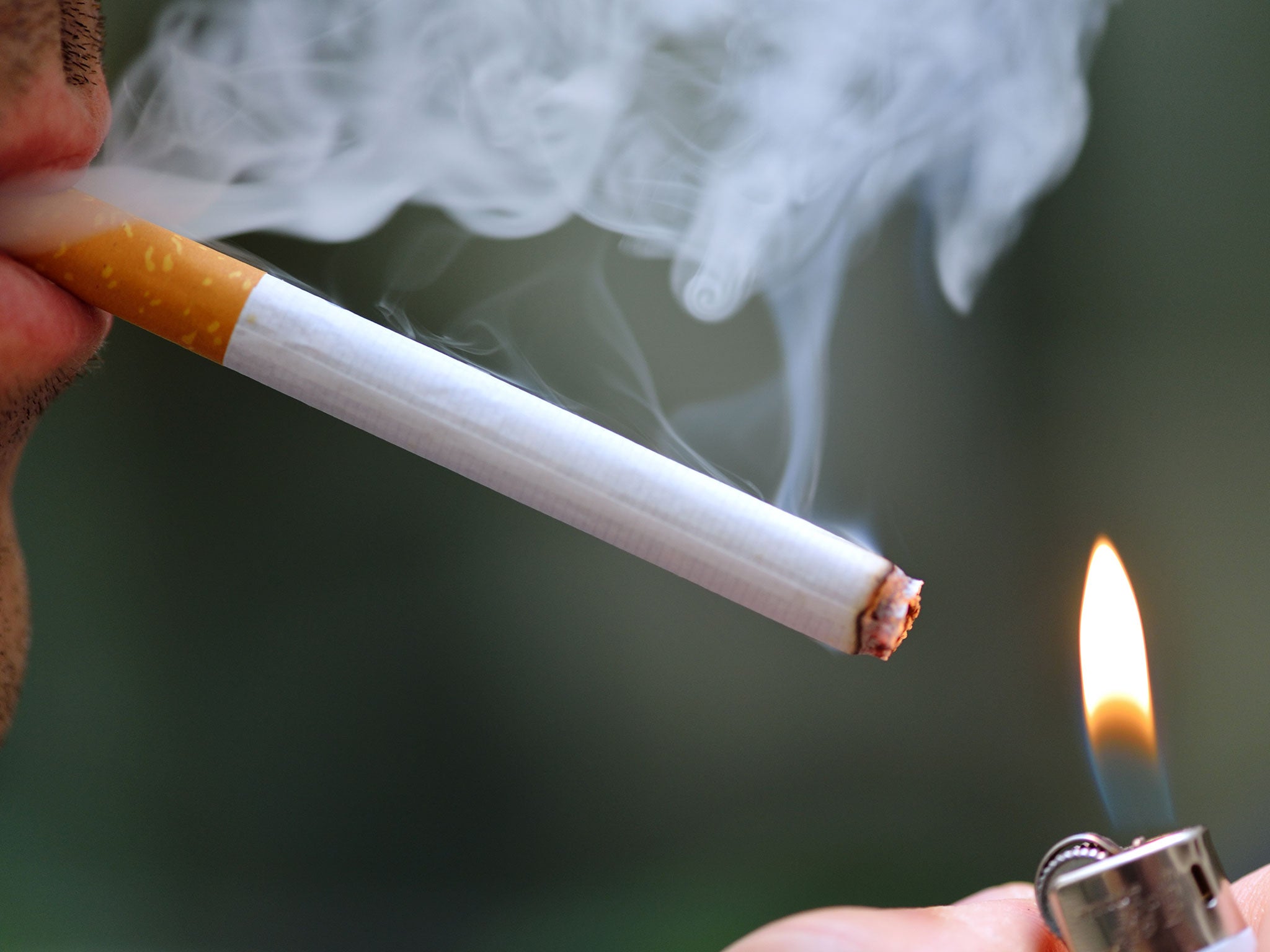Americans in a million homes could be banned from smoking
The federal government has proposed the ban to protect the health of residents and reduce building maintenance costs

Your support helps us to tell the story
From reproductive rights to climate change to Big Tech, The Independent is on the ground when the story is developing. Whether it's investigating the financials of Elon Musk's pro-Trump PAC or producing our latest documentary, 'The A Word', which shines a light on the American women fighting for reproductive rights, we know how important it is to parse out the facts from the messaging.
At such a critical moment in US history, we need reporters on the ground. Your donation allows us to keep sending journalists to speak to both sides of the story.
The Independent is trusted by Americans across the entire political spectrum. And unlike many other quality news outlets, we choose not to lock Americans out of our reporting and analysis with paywalls. We believe quality journalism should be available to everyone, paid for by those who can afford it.
Your support makes all the difference.Millions of Americans could be banned from smoking in their own homes under controversial legislation proposed by the federal government.
The legislation would require homes, communal areas and administrative offices on public housing land to be smoke-free, the New York Times reports.
It is thought the changes would affect around a million homes.
It has argued the ban is necessary to protect residents from second-hand smoke, to lower building maintenance costs, and to reduce the risk of fires.
But the proposal has already met with resistance from some residents who believe it would be an infringement of their right to make personal choices about their lives.
One told the newspaper: “What I do in my apartment should be my problem long as I pay my rent.”
Many of the country’s public housing agencies, which provide subsidised housing for people on low-incomes, have already voluntarily enforced the ban since calls for the move surfaced in 2009.
Those living in New York City Housing Authority homes – more than 400,000 people – are expected to be among those most severely affected by a ban.
Sunia Zaterman, executive director of the Council of Large Public Housing Authorities, told the New York Times: “It’s a fraught process because to do it properly you need community buy-in. To do this successfully it can’t be a top-down edict because you want people to comply with the policy.”
The council said smoking bans have become more popular over time and that, as the number of smoking tenants has dropped, more people have come to expect smoke-free spaces.
“This is a health equity issue,” Patrick Kwan, director of NYC Smoke-Free, added.
“For people living in public housing and are subjected to second-hand smoke, the only option is to be at the mercy of their neighbours who smoke in their homes.
“People who can afford it choose a smoke-free unit. Smoke-free housing shouldn’t only be for the wealthy and privileged.”
Join our commenting forum
Join thought-provoking conversations, follow other Independent readers and see their replies
Comments